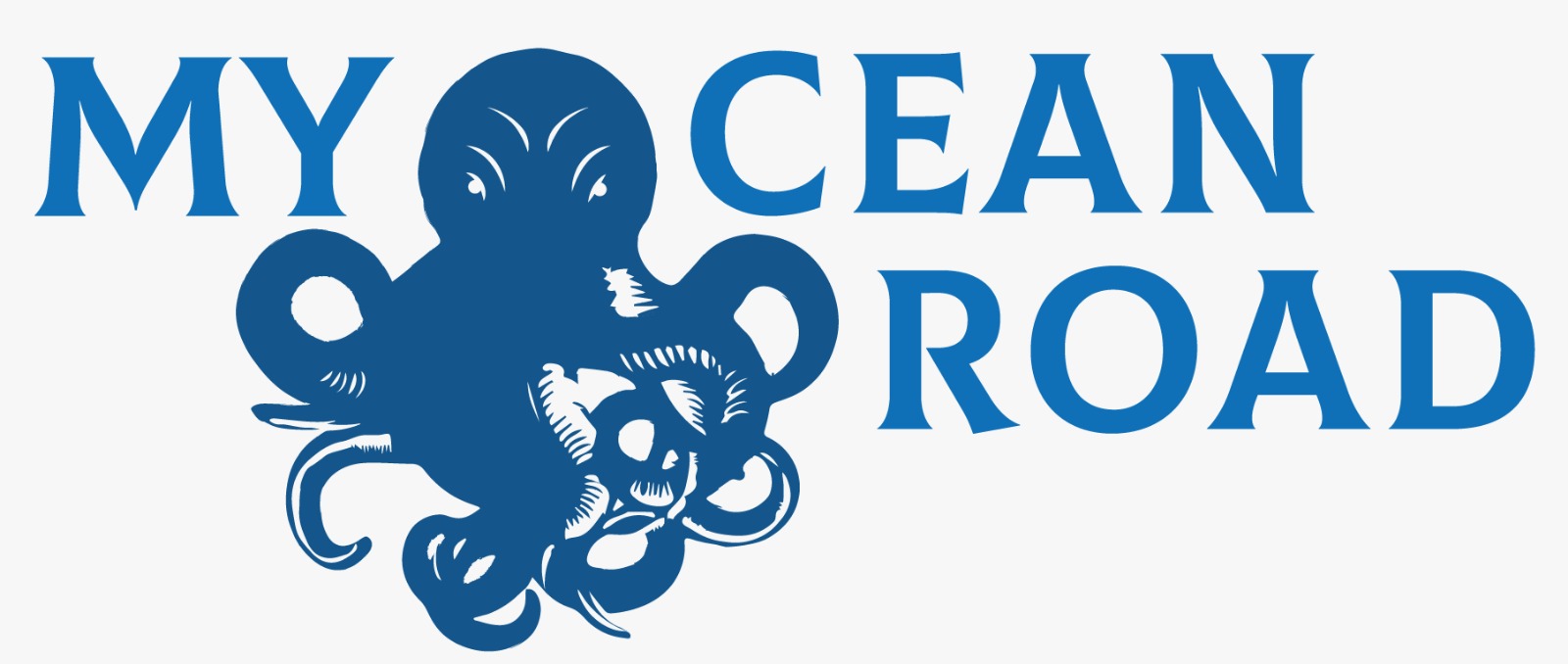This is why
A year ago, the world witnessed an orca mother whale mourning its dead calf for 17 long days in the North Pacific. This “tour of grief” is actually quite common amongst animals proving that they also have a complex emotional life. They do have feelings. Try to step on your dog’s foot and observe the reaction. It hurts.
It is quite normal to have a cat or dog as a pet at home and we consider ourselves animal lovers but we still eat hamburgers. We’ve seen protests to criminalise animal cruelty but it mainly stops with cats and dogs. Why? Does this mean that all other animals have no feelings?
Have you ever seen a cow crying after being separated from its calf?
Have you ever seen a pig cry before being slaughtered?
Have you ever seen young male chicks crushed to death alive?
Have you ever seen stressed fish in over populated fish farm cage?
Have you ever seen a cow, a pig or a chicken living in extreme confined space?
Have you ever seen chickens injected with steroids to fatten them and slaughtered when still months old?
Have you ever heard the deafening cry of a piglet while being beaten to death so you can eat its tender meat?
Do you still eat your burger and call yourself an animal lover?
I was ignorant of these facts for so many years and hence was an accomplice of this cruelty. But now that I am aware of such facts and also know how important it is that we live in harmony will all other living species, I only eat plant based food. I am not depriving myself from any nutrients and I feel healthier. Another reason for not supporting industrial animal farming (slaughter houses) is their negative impact on our climate.
Livestock farming produces 37% and 65% of our global methane and nitrous oxide emissions respectively. Both gases are more potent than carbon dioxide with higher impact on global warming.
Industrial farming has a negative impact on occupational and community health with possible transfer of zoonotic diseases to humans. Zoonotic diseases are diseases caused by microbial agents found in animals that can easily be transferred to humans on consumption of such animals.
Industrial farming requires huge amount of water. It takes 9000 litres of water to produce half a kilo of meat.
Agricultural fertilisers contaminate ground water table with high concentration of nitrates.
Producing grains for industrial animal consumption instead of direct consumption by humans involves loss of energy and destruction of resources.
Industrial farming led to an ecological imbalance. The destruction of wetlands, forests and jungles to make space for industrial farming led to animal and plant extinction.
Genetically modified seeds have been reported to raise devastating harm to the environment and to humans’ health.
14,400 acres of rain forest is cut down every day to make space for cattle herding.
It takes more than 11 times as much as fossil fuels to make one calorie from animal protein as it does to make one calorie from a plant protein.
Eating meat is worse for the planet than driving a car run by fossil fuels.
What can be done to stop this cruelty and extend the life span of our planet?
Invest in educating the young generations of such cruelty and the impact of industrial farming on our climate?
Educate people to gradually shift to plant based food explaining primarily the health benefits.
Eliminate subsidies to industrial farming, Ecology and economy can work together.
Subsidise small multi-crop agriculture
Criminalise deforestation world-wide
Increase taxes on farmed animal food
Close all establishments using animals for entertainment.
Each and every one of us can make a difference. Start by reducing one meat meal every week and replace with nutrient rich plant food. Educate yourself about the nutrients found in vegetables and gradually make your life changing shift.
Jose’ Micallef
23rd August 2019
